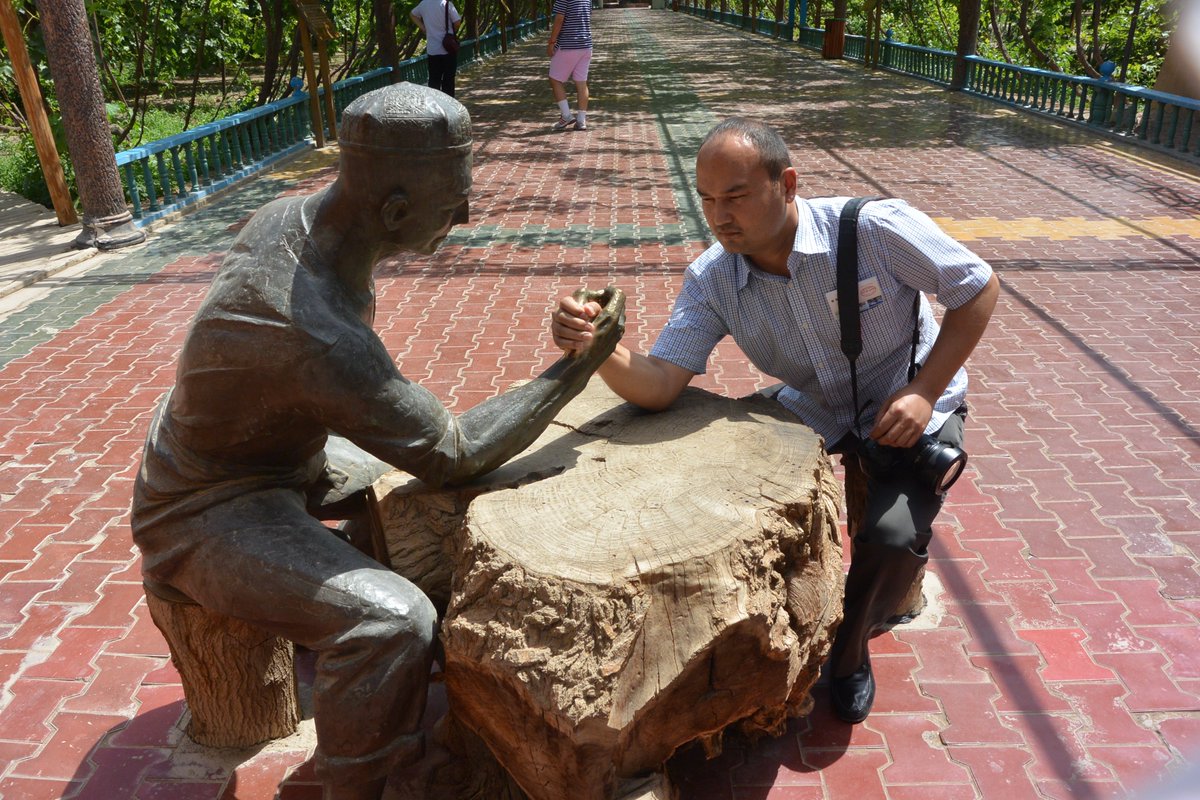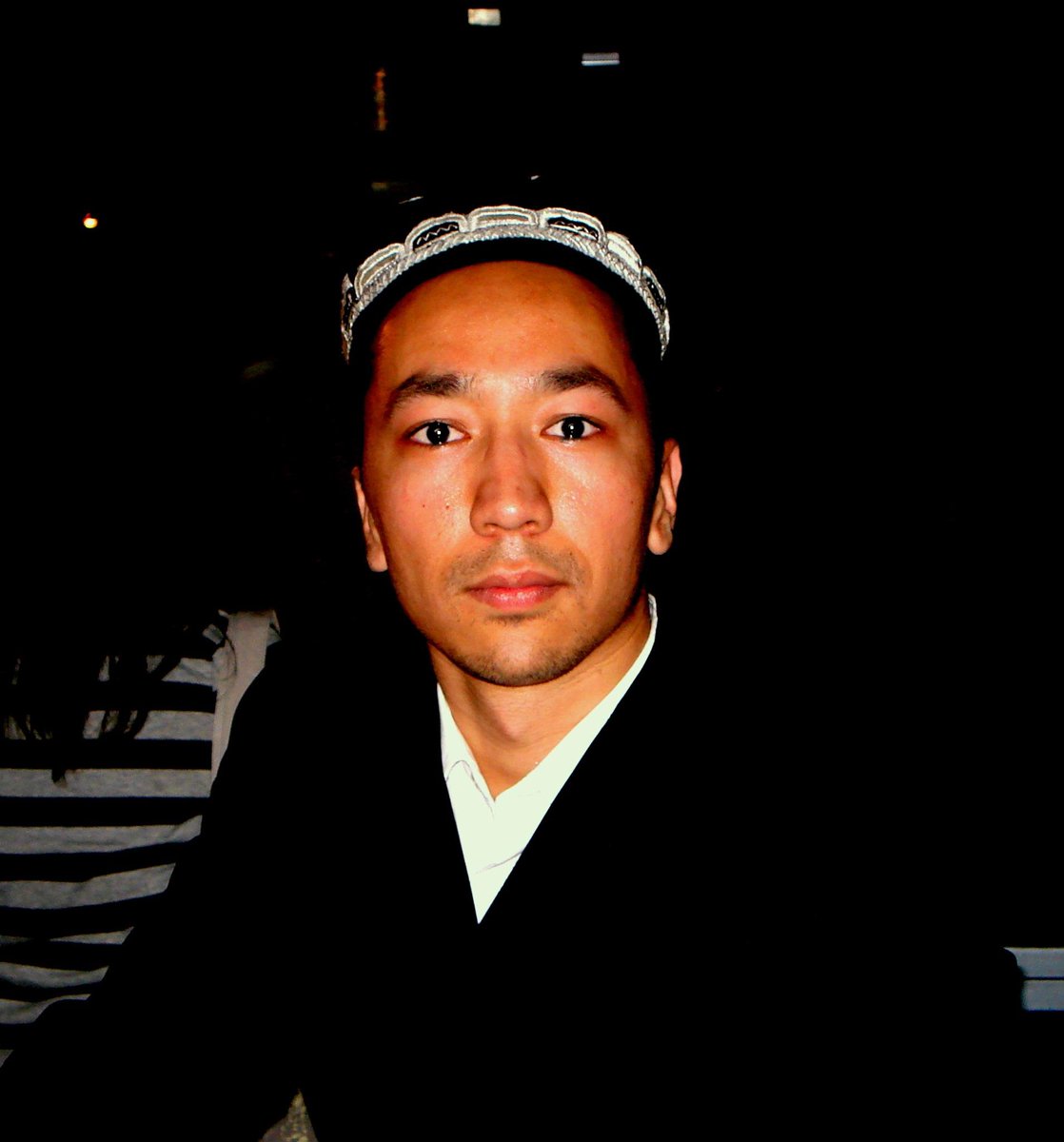
Today's #Olympics2022 hero spotlight is placed on #Uyghur scholar Adil Ghappar [Kariz] whose condition and well-being have been unknown since 2017. 

I met Adil in 2014 having been introduced to him by Rahile Dawut. I was under his wing at Xinjiang Normal University as I taught a short-term course in his department. 

Adil remained extremely witty and optimistic despite tighter restrictions on his research. He already published a monumental contribution to understandings of the richness of Uyghur religious rituals and expressions 

We maintained email contact during the year & met in Urumchi during the summers to discuss research and life. He was working on a way to conduct research on Uyghur networks (mehelle, mosque community, bazaar, & mazar) without drifting into "sensitive" topics 

@EricTSchluessel my colleague, friend, and mutual friend of Adil, reported his strange and sudden disappearance from academia in summer 2017. On June 28, I wrote him, but, for the first time, did not receive a reply. 

Even though the CCP has tried to silence our friend Adil, we can make surethe repetition of his name reverberates throughout these games and until his well-being is known. 

• • •
Missing some Tweet in this thread? You can try to
force a refresh





















